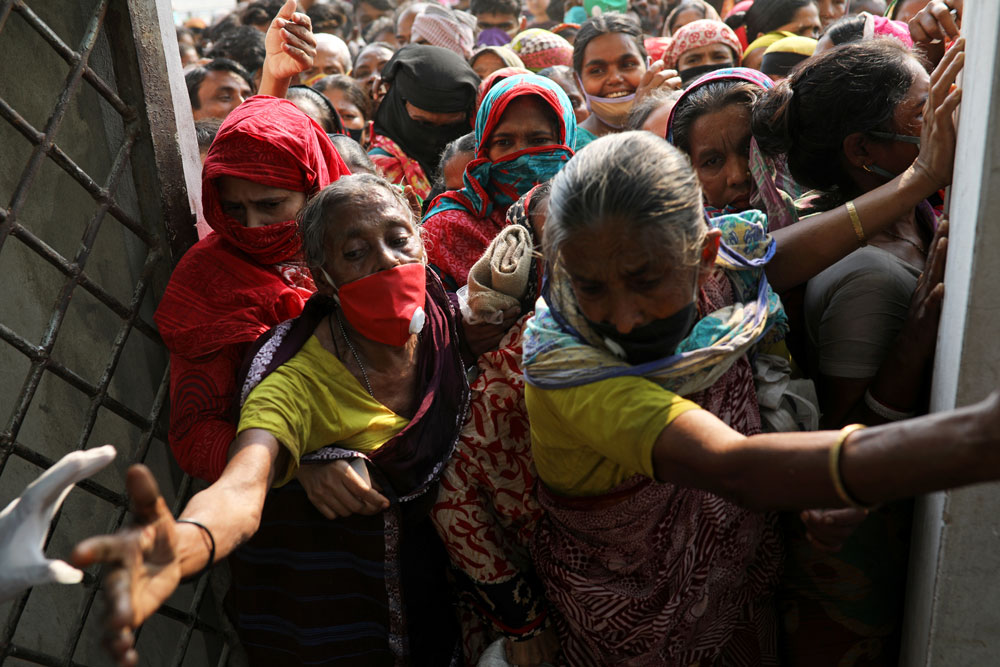Raising awareness in rural Bangladesh

How can awareness campaigns reach our most vulnerable communities?
Selling the concept of social distancing to the urban Bangladeshi is difficult, to say the least — this is not simply based on the citizens’ reluctance to stay home, but rather the financial inability of most to do so. But for rural Bangladeshi citizens, not working indefinitely and without explicit support from the state is a literal matter of life and death.
The absence of adequate social safety mechanisms and the prevalence of unsustainable industrial markets means that the collective socio-economic effects of Covid-19 on the middle class, marginalized, and daily labourers is not simply concerning, but a disaster waiting to happen — now multiply this tenfold, and we can perhaps begin to assess the aggregate consequences facing rural Bangladesh in the coming days.
The global consensus is that this crisis, both from health and economic perspectives, will sustain and prolong if social distancing is not a national norm — the state and the private sector have an obligation to ensure social distancing measures across the country, and do so by mobilizing an appropriate awareness campaign and a simultaneous emergency stimulus plan for the next few months, via which people truly understand the need for quarantining.
Awareness campaigns explaining the causes, symptoms, and effects of Covid-19 are being carried out across social media — the concept of social distancing is, as such, wedged within this elite echo chamber. A majority of the population does not have access to the internet or use social media.
Read More
.

